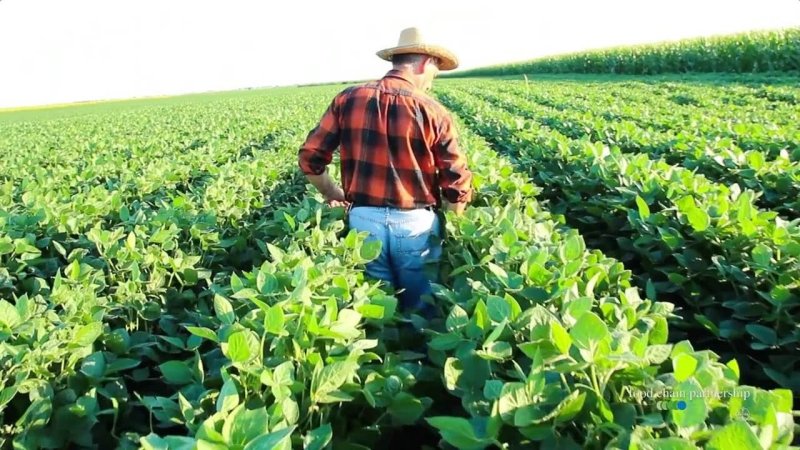The future of farming just got a lot brighter.
On March 28, U.S. Secretary of Agriculture Sonny Perdue announced that his department won’t add a new layer of regulations to crops that scientists have enhanced through a cutting-edge method of selective breeding. This wise decision will encourage innovation, helping producers and consumers alike — and it even holds the potential to usher in the next great revolution in food.
…
Perhaps you’ve heard of CRISPR, one of several new gene-editing tools that allow scientists to make small adjustments within the DNA of crops. By tweaking the genes that are already there, we can help crops resist and ultimately defeat the age-old threats of diseases and pests.
I’m confident these innovative technologies are capable of doing much more. We’ll turn our crops into more efficient users of water, allowing us to conserve an important resource and also survive droughts. We’ll improve their ability to soak up nitrogen, helping us to limit the harmful nitrates in our streams and lakes. We’ll even make our food healthier, boosting its nutritional value and eliminating allergens.
And that could be just the start.
Editor’s note: Daniel Kelley is a corn and soybean farmer in on an Illinois and a board member of the Global Farmer Network
Read full, original post: Farm technology is getting CRISPR































